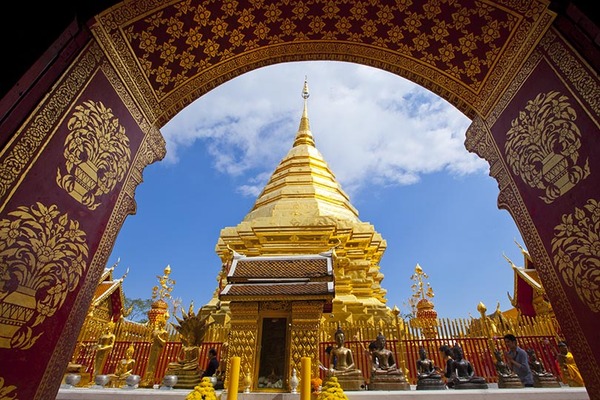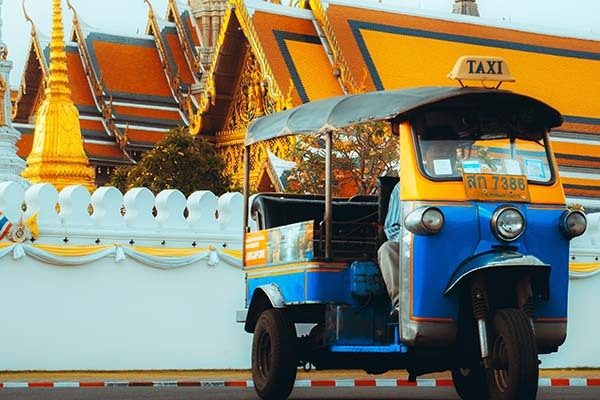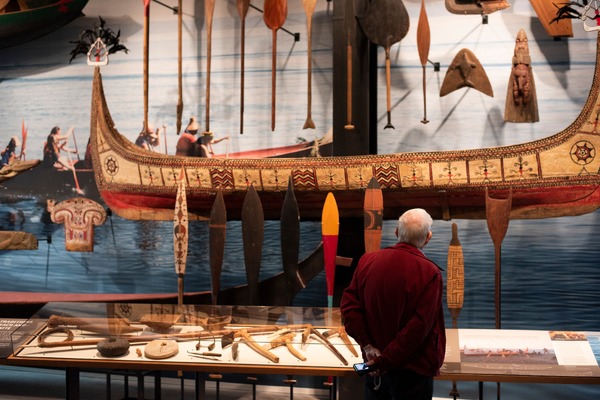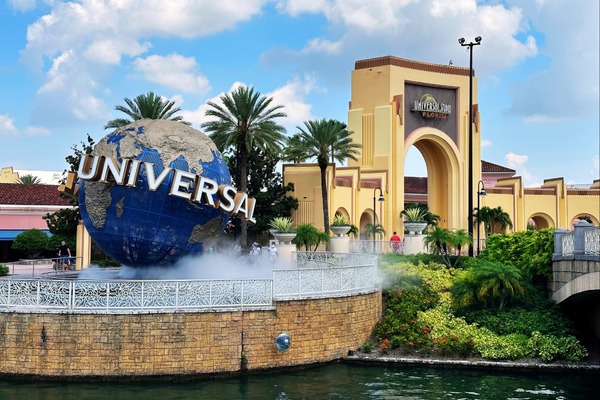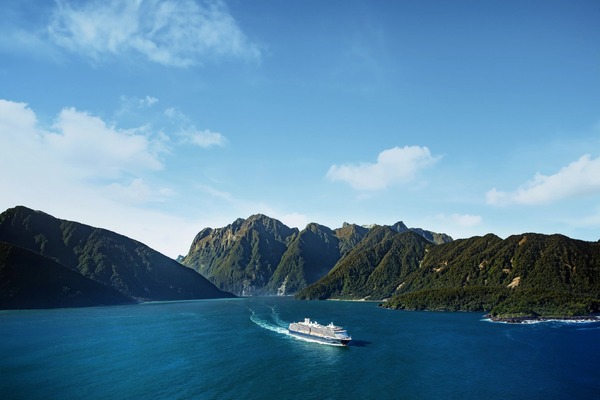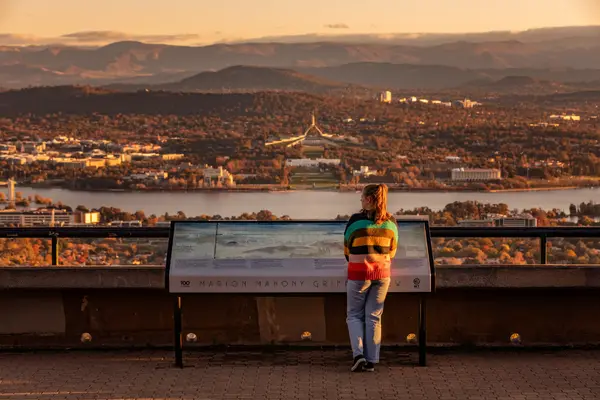How Asia's mass tourism hotspot is transitioning to 'more meaningful' travel
 Debbie Ward
Debbie Ward“Look where you’re going!” we wince as the giggling woman on the moped continues waving.
It’s a similar story when school children spot our tour group on a tram. Even a Buddhist monk asks for our nationalities. It’s an unusually excited reaction in Thailand where, pre-Covid, international tourism accounted for 11.5% of GDP – but we’re a distinct novelty in the northern cities of Nan and Phrae.
Following this month’s Thailand Travel Mart in Bangkok, visiting trade and media were sent to discover such hidden gems. Prioritising sustainable recovery from Covid-19, the Tourism Authority of Thailand wants tourists to do the same.
Final visitor restrictions weren’t lifted in Thailand until October 2022. This first year back, it’s aiming for 795,000 UK arrivals – 80% of pre-Covid figures. January to April brought more than 305,000, with 2024 expected to at least equal 2019 levels.
What’s changing is where those tourists are being enticed. “We used to be a mass tourism destination, but now it’s time for us to make Thailand much more varied, with meaningful travel,” says Teerasil Tapen, TAT executive director for Europe, Africa and Middle East. “People tend to travel to the big cities first, it’s natural, but we try to offer them secondary towns instead.”
This so-called “hub and hook” approach tips, for instance, Chiang Mai as a springboard for Pai or Lampang; Phuket and Krabi for Trang; and Koh Samui for Surat Thani. Trade training, roadshows and educationals will showcase emerging destinations.
TAT assesses such places’ international readiness, and Tapen acknowledges the responsibility: “In previous times, we thought like marketing men – now we have to consider ourselves as developers. [Our actions] will draw the wealth to somebody, we have to decide to who.”
With direct UK air capacity lagging at 71% of 2019, a Thai Airways flight between Manchester and Phuket is among TAT’s negotiation priorities. But value rather than volume is key, says Tapen: “We don’t want history repeating itself with mass tourism. [We’re thinking] ‘how can we generate expenditure instead?’ When tourists come, they have to do something more.”
Things are heading in the right direction with operators at TTM reporting higher spend as the destination bounces back. Gold Medal’s Thailand revenue has already topped 2019’s, with higher room categories and villas popular.
Mark Mallinson, Gold Medal destination manager Far East, adds: “Believe it or not, we’re getting asked more for all-inclusives, [these bookings] have increased by 7%. Clients want that safety blanket, then they’ll go out and eat locally... People are spending more but they want better value.”
Average stays have also lengthened by five nights and 70% are multi-centres, up from a pre-covid 55% to 60%. “Hub and hook is actually what we do push,” Mallinson says.
Thailand’s recovery has accelerated since spring for Elegant Resorts, with revenue “quite considerably up”.
Average room nights hitting double of 2019 has helped. Asia and Africa product manager Alison Murphy says: “A lot of it is down to the properties we sell and a lot of work we’ve done with our B2B partners bringing that back up to more luxury [levels] and being strategic, rather than volume.”
Chic Locations markets Thailand “totally at the top end”, but product and relationships director David Kevan warns the destination must not devalue itself. “I’d limit hotel [construction] as there’s so much competition now, so low rates. What I think is lacking is an area that’s perceived to be aspirational. If you’re looking at developing a new area in Thailand, I’d say have [all] five-star hotels.”

Highlighting Thailand’s outstanding wellness resorts is among TAT’s aims to draw higher spenders. TTM exhibitor Devasom Khao Lak is keen, having just launched an annual wellbeing festival.
“It’s the first of its kind in Thailand,” explains assistant managing director Waraporn Atirak. “Every week during May, we invited specialists to organise workshops, like forest bathing, sound baths and drum circles, but guests were sleeping in proper rooms, not tents."
TAT has also unveiled an environmental star rating system. Hotels will be incentivised with support for events including World Travel Market. “Everyone on the [Covid-safe accreditation] database of 2,000 suppliers will be encouraged to join. If they have one star, they can join us in some levels of TAT activities. If they have three stars, they get more privileges,” explains Tapen.
With Thailand naturally courting China, mass tourism is still a given, but as an established market the UK can help the destination evolve.
As Instagram props at hilltop cafes and even temples around Nan and Phrae demonstrate, “hook” destinations already have domestic tourists – it’s now up to international visitors to discover what’s drawing the Thais.
Sign up for weekday travel news and analysis straight to your inbox

Debbie Ward
Supplier Directory
Find contacts for 260+ travel suppliers. Type name, company or destination.
